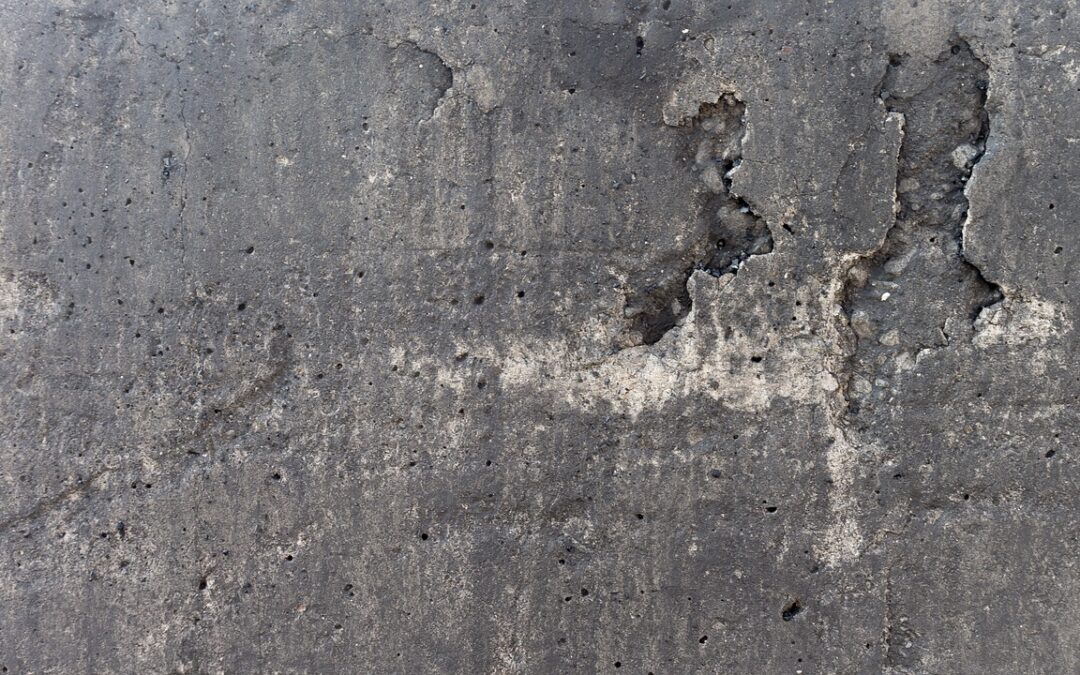Contents
Excavating Earth’s Potential: A Comprehensive Guide to Excavation Services
TL;DR – Too Long; Didn’t Read
Excavation is the process of moving earth and other materials to prepare a site for construction or other purposes. Professional excavation contractors offer a range of services, including land clearing, site preparation, trenching, foundation excavation, demolition, and debris removal. Choosing the right contractor is crucial, considering their experience, licensing, equipment, safety practices, and cost. The excavation process involves site assessment, equipment selection, excavation techniques, soil removal, and site cleanup. Hiring a reputable excavation company ensures a safe and efficient project, transforming your vision into reality.
Excavation: The Foundation of Construction
Excavation is the essential groundwork that sets the stage for any construction project. It involves the removal of soil, rock, and other materials to create a level and stable base for buildings, roads, and other structures. Excavation services encompass a wide range of activities, each specializing in various aspects of site preparation.
Types of Excavation Services
Land Clearing: Removing vegetation, debris, and obstacles to prepare a raw site for development.
Site Preparation: Grading and leveling a site to create a suitable surface for construction.
Trenching: Digging narrow, deep trenches for utilities such as water, sewer, gas, and electric lines.
Foundation Excavation: Excavating the area where the foundation of a building will be laid, ensuring a solid and stable base.
Demolition: Controlled dismantling and removal of existing structures, including buildings, bridges, and pavement.
Choosing the Right Excavation Contractor
Selecting a reputable and experienced excavation contractor is crucial for the success of your project. Here are key factors to consider:
Experience and Expertise: Look for contractors with a proven track record in handling projects similar to yours.
Licensing and Insurance: Ensure the contractor is licensed and insured to protect you and their employees.
Equipment and Technology: Modern equipment and technology can enhance efficiency and safety on the job site.
Safety Practices: Prioritize contractors who adhere to strict safety regulations and best practices.
Cost and Budgeting: Understand the factors that influence excavation costs, including site conditions, project complexity, and equipment usage.
The Excavation Process
Site Assessment
A thorough site assessment is conducted to determine the scope of work, including the soil conditions, topography, and any existing structures.
Equipment Selection
The appropriate heavy equipment is selected based on the site assessment. This could include excavators, bulldozers, graders, and dump trucks.
Excavation Techniques
Depending on the project requirements, different excavation techniques are employed. These include digging, blasting, and hydraulic excavation.
Soil Removal and Disposal
Excavated soil is carefully removed and disposed of according to environmental regulations and local ordinances.
Site Cleanup and Restoration
The final stage involves cleaning up the site, restoring it to its original condition, or preparing it for further construction.
Frequently Asked Questions
How long does an excavation project take?
The duration depends on the size and complexity of the project, but most excavations are completed within a few days or weeks.
What permits are required for excavation?
Permits may be required for projects involving significant excavation, demolition, or utility installation. Check with your local authorities for specific requirements.
A Concrete Conclusion about Excavation
Excavation is a vital step in any construction project. Hiring a professional excavation contractor ensures a safe, efficient, and successful project outcome. Whether you’re preparing a site for a new home, commercial building, or infrastructure development, partnering with a reputable excavation company will lay the groundwork for your project’s success.

